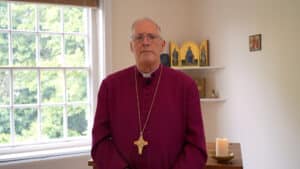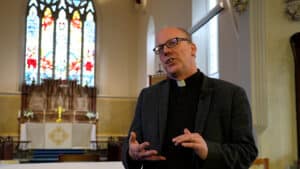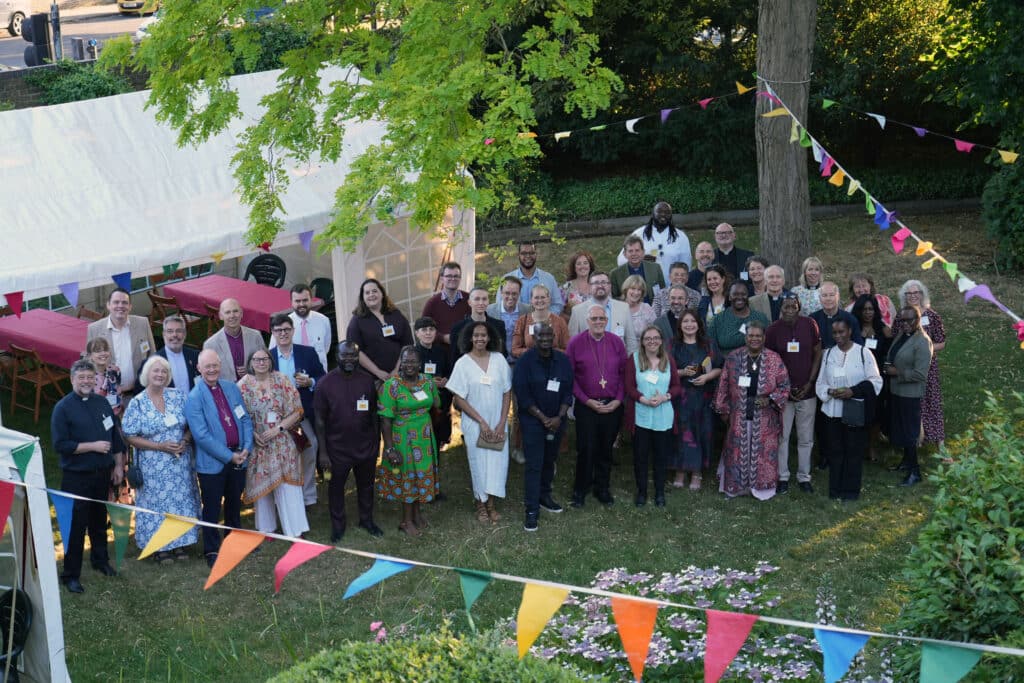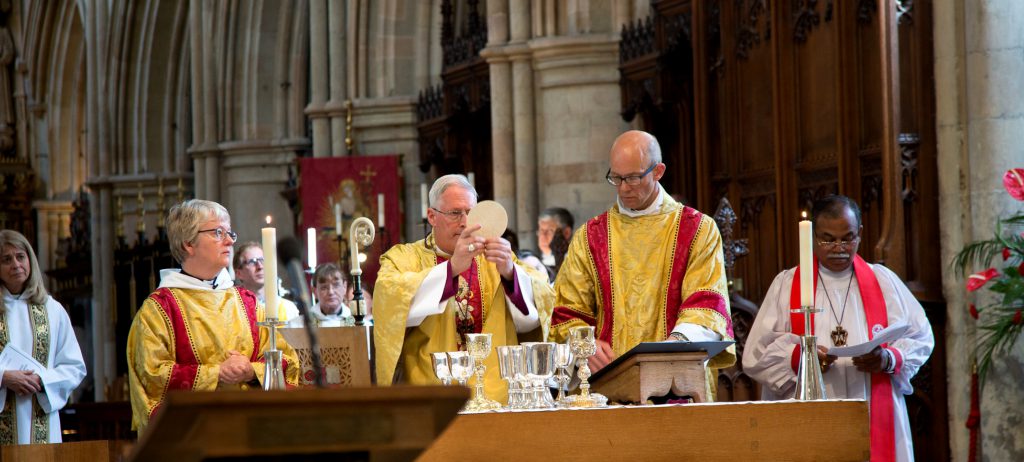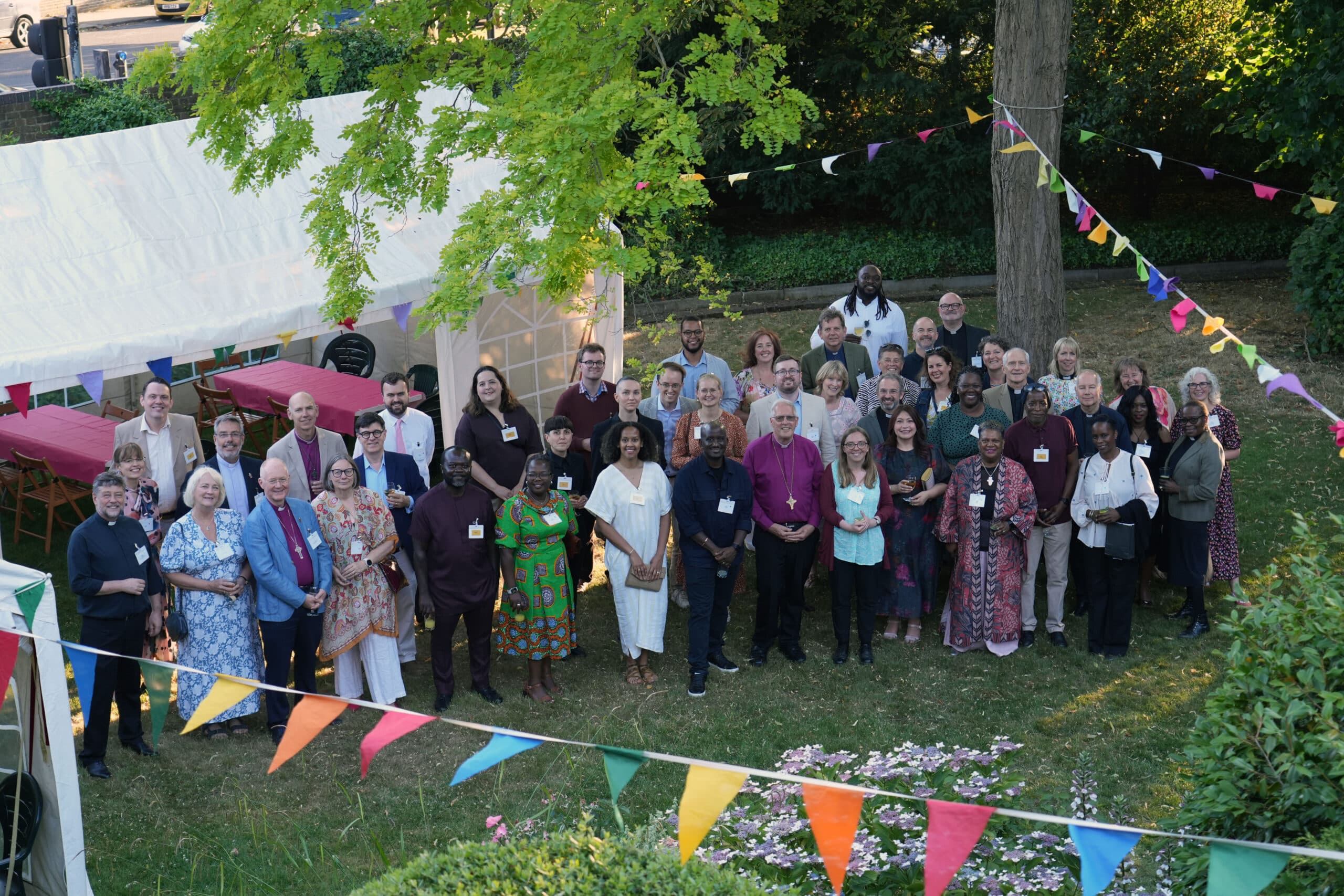And a woman in the city, who was a sinner, having learned that Jesus was eating in the Pharisee’s house, brought an alabaster jar of ointment. She stood behind him at his feet, weeping, and began to bathe his feet with her tears and to dry them with her hair. Then she continued kissing his feet and anointing them with the ointment. (Luke 7:37-38).
Christian faith is not supposed to be polite. Many centuries of effort in the Church have tried to eradicate from it the truly radical nature of faith, but it can’t be wiped out altogether: by the grace of God’s Spirit, it keeps on bubbling back. In particular as we slowly, hesitantly and eventually emerge from the coronavirus pandemic, it’s time for us in the Church of England to stop imagining that religion is just ordinary life with a few added morals.
Individually and as a community, we have come through trauma over this last year and a half, and it hasn’t gone away yet. Part of our natural human reaction is to try to forget about it, to get back to “normal”, and ignore those who “keep on going on about it”. But trauma doesn’t go away like that, it just gets buried – but it’s still there, like an inner zombie gnawing away at us. As a society we need time to weep, to mourn and to tell the stories of our pandemic experiences. Some of us will have experienced personal tragedies of illness and bereavement. All of us have been part of a national and global crisis on a scale that few have experienced.
The Church’s role now is not to paper over the cracks and try to make everything normal again. Quite the opposite: we need to be those who allow the wounds in our society to heal properly, from the inside out, gradually regrowing healthy tissue. We should not be concerned about our reputation, or respectability, but with the realities which it is difficult to acknowledge.
Our job as the people of God is to move beyond politeness into reality, to step out of the myth of self-sufficiency and to admit the utter dependence on the grace of God which is the condition of all Christian life. That is the deep truth which has always been there at the heart of the Church: but it has also often been a deeply hidden truth. The mission of the Church in this time is to open up its treasure of grace and to pour it away in vulnerability, so that our sins and brokenness may also be healed and forgiven, and we may go in peace.
+Jonathan Croydon




